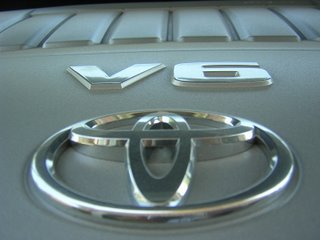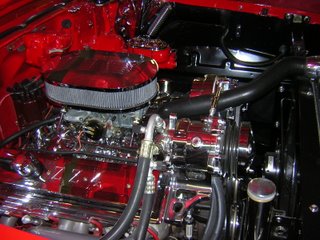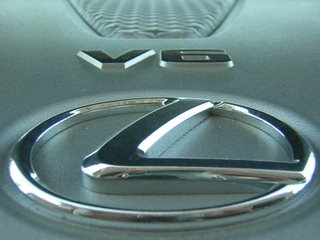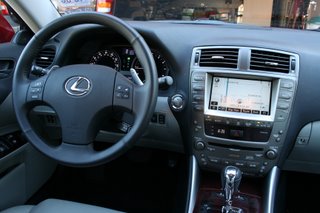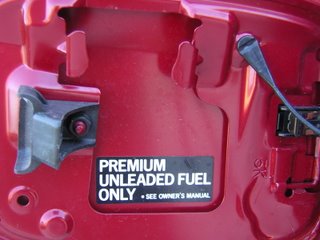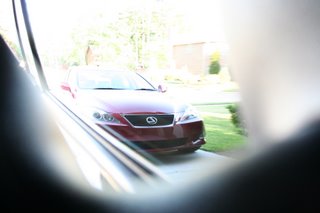--Robert Copeland
 What would your reaction be to the Star Spangled Banner being sung in Spanish? A foreign-language version of the National Anthem, with a slightly different set of lyrics, is being recorded in conjunction with more pro-immigration reform demonstrations this weekend…
What would your reaction be to the Star Spangled Banner being sung in Spanish? A foreign-language version of the National Anthem, with a slightly different set of lyrics, is being recorded in conjunction with more pro-immigration reform demonstrations this weekend…In the land of fruits and nuts, the nuttiest are endorsing a walkout of schools and businesses by illegal immigrants in California on Monday. For the INS, this ought to be like shooting fish in a barrel.
And in the Lone Star State, cigarette taxes are going up. Between the health hazards and the increased cost, you might wonder how anyone can afford to smoke? Obviously, cigs are for people with money to burn…
Speaking of money to burn—what’d you pay for gasoline this week? It’s very interesting that with all the hand wringing and whining, I still find I am having to thread through the throngs at gasoline stations to fill up The Red Sled. Don’t you find it a little interesting that with all the nattering naybobs of negativity in Washington posturing on this issue, most of the folks you and I know are continuing to commit commerce on a regular basis?
I bought a new car last week.
Don’t want to boast, but I will tell you this was not an impulse buy; I’d been shopping for a while, keeping an eye open for just the right deal. I knew what I wanted, and how much I was willing to pay for it (and that decision was not based on a monthly payment). I’d been saving for a while, too. When preparation meets opportunity, success prevails.
 So instead of puttering around in my 15-year old paid-for ragtop (1991 Mazda Miata), affectionately named “White Fang,” I am now stylishly cruising around in a half-paid for 2005 Mazdaspeed Miata, affectionately named “The Red Sled,” thanks to the metallic rouge it wears.
So instead of puttering around in my 15-year old paid-for ragtop (1991 Mazda Miata), affectionately named “White Fang,” I am now stylishly cruising around in a half-paid for 2005 Mazdaspeed Miata, affectionately named “The Red Sled,” thanks to the metallic rouge it wears.It’s a screamer, too.
 Last night I attended a reception at an automobile dealership in Houston called Driver Source, where they sell high-end Porsches, Ferrari’s, and Jaguars, and for a fee, will restore your classic or exotic car to mint condition. They'll garage it for you, too, in a climated-controlled stall. Think of it as a glorified barn for mechanical animals of multiple horses--starting at 200-hp.
Last night I attended a reception at an automobile dealership in Houston called Driver Source, where they sell high-end Porsches, Ferrari’s, and Jaguars, and for a fee, will restore your classic or exotic car to mint condition. They'll garage it for you, too, in a climated-controlled stall. Think of it as a glorified barn for mechanical animals of multiple horses--starting at 200-hp. The event was a preview for next weekend’s Keels and Wheels Concourse d’ Elegance at the Lakewood Yacht Club on Clear Lake, and the cars on display were nothing short of inspiring: a 1957 Chaparral race car, a 1955 Maserati, loads of perfectly restored Corvettes…and lots of testosterone in the air.
The event was a preview for next weekend’s Keels and Wheels Concourse d’ Elegance at the Lakewood Yacht Club on Clear Lake, and the cars on display were nothing short of inspiring: a 1957 Chaparral race car, a 1955 Maserati, loads of perfectly restored Corvettes…and lots of testosterone in the air. During the evening, owner Jeff Moore and his crew were treating attendees to joy-rides in open-cockpit Ferraris and Porsches. Jeff knows how to pull-off events like this. He rented a posse of off-duty law enforcement officers to stop traffic on the street as these sports cars revved and rocketed out of the driveway and down the street.
During the evening, owner Jeff Moore and his crew were treating attendees to joy-rides in open-cockpit Ferraris and Porsches. Jeff knows how to pull-off events like this. He rented a posse of off-duty law enforcement officers to stop traffic on the street as these sports cars revved and rocketed out of the driveway and down the street.As I was leaving for the night, I pulled in behind a scorching, yellow Porsche Carrera, with Jeff behind the wheel and a flaxen-haired passenger alongside, as they ripped up the asphalt. I’m pretty sure we hit 100-mph, thanks to the private traffic control, before I had to back down and turned off to find my way home. Nice to know a Miata can hang with a Porsche.
 I think The Red Sled and I are going to get along famously.
I think The Red Sled and I are going to get along famously.See you Monday on the Radio.








